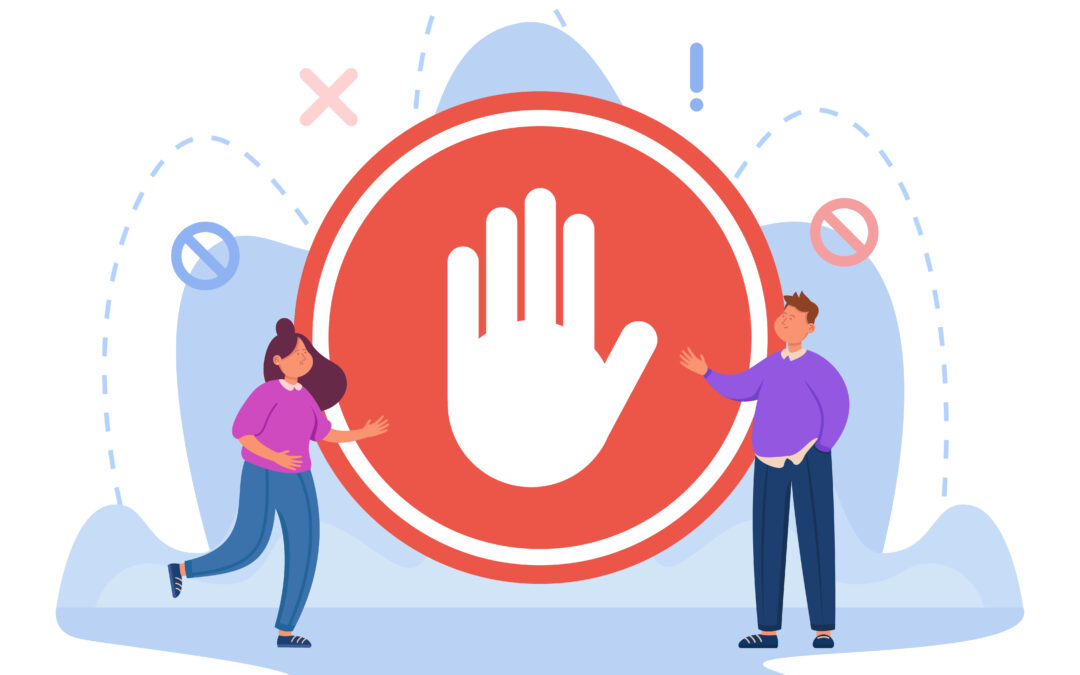Do you struggle to draw the line when it comes to setting boundaries and saying “no,” causing additional overwhelm and stress? Many people struggle with setting boundaries, worrying they might come off as rude or unkind. Creating and maintaining healthy boundaries allows you to protect your mental health and well-being. Developing this skill is essential as it helps you regain control of your time and energy, which is much needed for a more balanced life. Learning to say “no” may take some time and practice, but soon enough, you will learn to say it without feelings of guilt.
Tips for Setting Boundaries
- Be honest and direct: When you need to set a boundary, communicate it directly. Try to be as clear and open as possible about your limits while being respectful.
- Don’t assume: Avoid assuming what people may think or feel. Instead, ask directly to avoid miscommunication.
- Follow through: Stick to your boundaries and reinforce them. When boundaries are flexible or inconsistent, people may continue to push or ignore them, leading to confusion about what you may accept.
- Take responsibility: Take time to think about your decisions and actions in relationships. Rather than blaming others, consider how you contributed to the situation and make changes to future situations.
- Know when to walk away: If someone constantly disrespects your limits, it could be a clear sign to reevaluate the relationship and move on. You deserve to be treated with respect and fairness.
- Use “I statements”: When talking about your feelings and needs, use “I statements” to help others understand your emotions. For example, “I feel overwhelmed when you request extra tasks at the last minute. I need more time to manage my workload effectively.” Effective communication offers clarity and a straightforward solution.
- Start small: If you find yourself struggling to draw the line, start by setting small boundaries that are easy to implement and enforce, and then move on to bigger ones. This step will make you comfortable and confident in making more significant changes.
- Get support: If setting boundaries feels challenging because of mental health or past trauma, consider therapy. A trustworthy therapist can provide strategies and ideas to establish healthy boundaries with others.
Ketamine Therapy for Depression
If you are struggling with anxiety or depression that impacts your ability to set and hold boundaries, combining these skills along with ketamine therapy can help alleviate some of that burden. Ketamine therapy for depression is an excellent alternative for those who have not responded to traditional therapies and approaches. This innovative treatment has a rapid onset and has been shown to treat symptoms within hours of treatment, providing quick relief and allowing one to return to a healthy and happier lifestyle. Additionally, the antidepressant effects of ketamine have been found to last for several weeks following a single administration.
Contact Ketamine Greater Boston
Setting boundaries is one of the significant steps to positive mental health and balance in life. With valuable strategies and support, it is possible to create healthier relationships and a healthier life. If you are struggling on your mental health journey, contact us to schedule a consultation.


Recent Comments